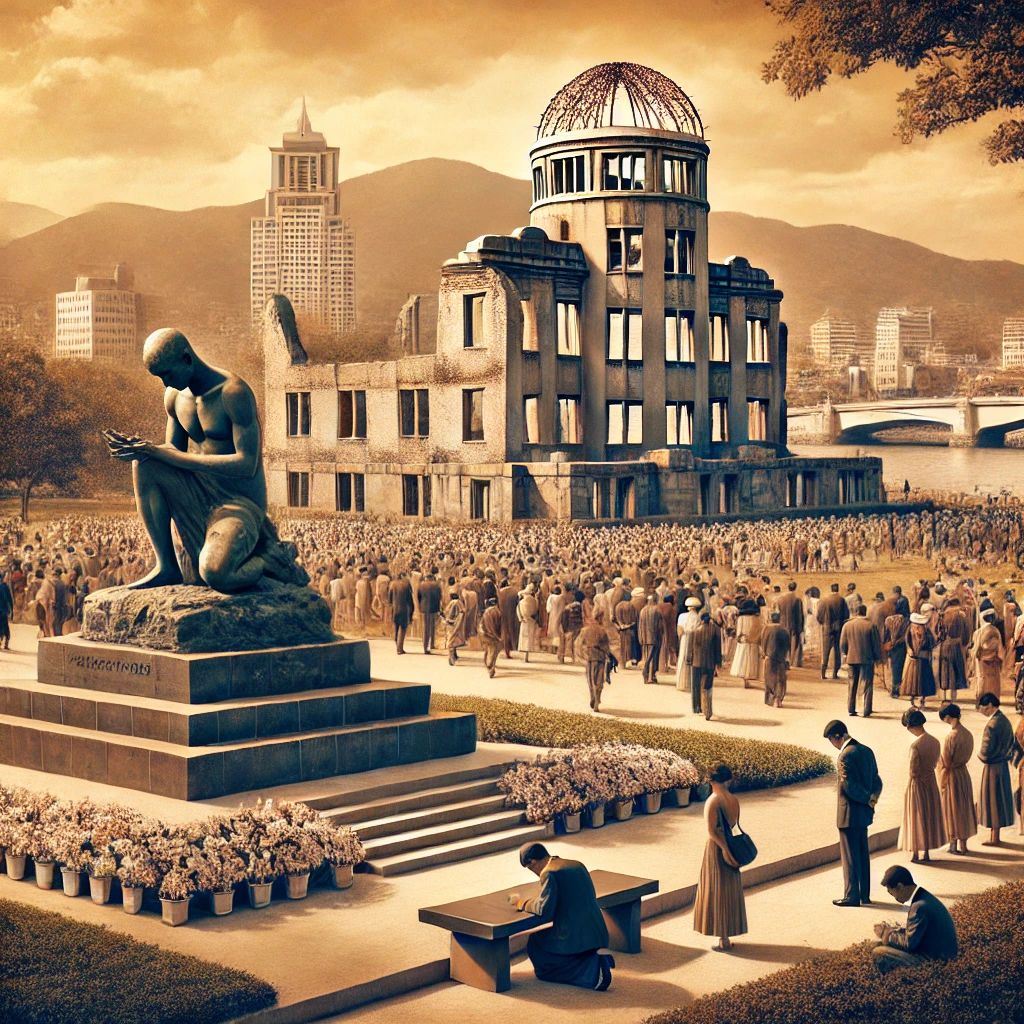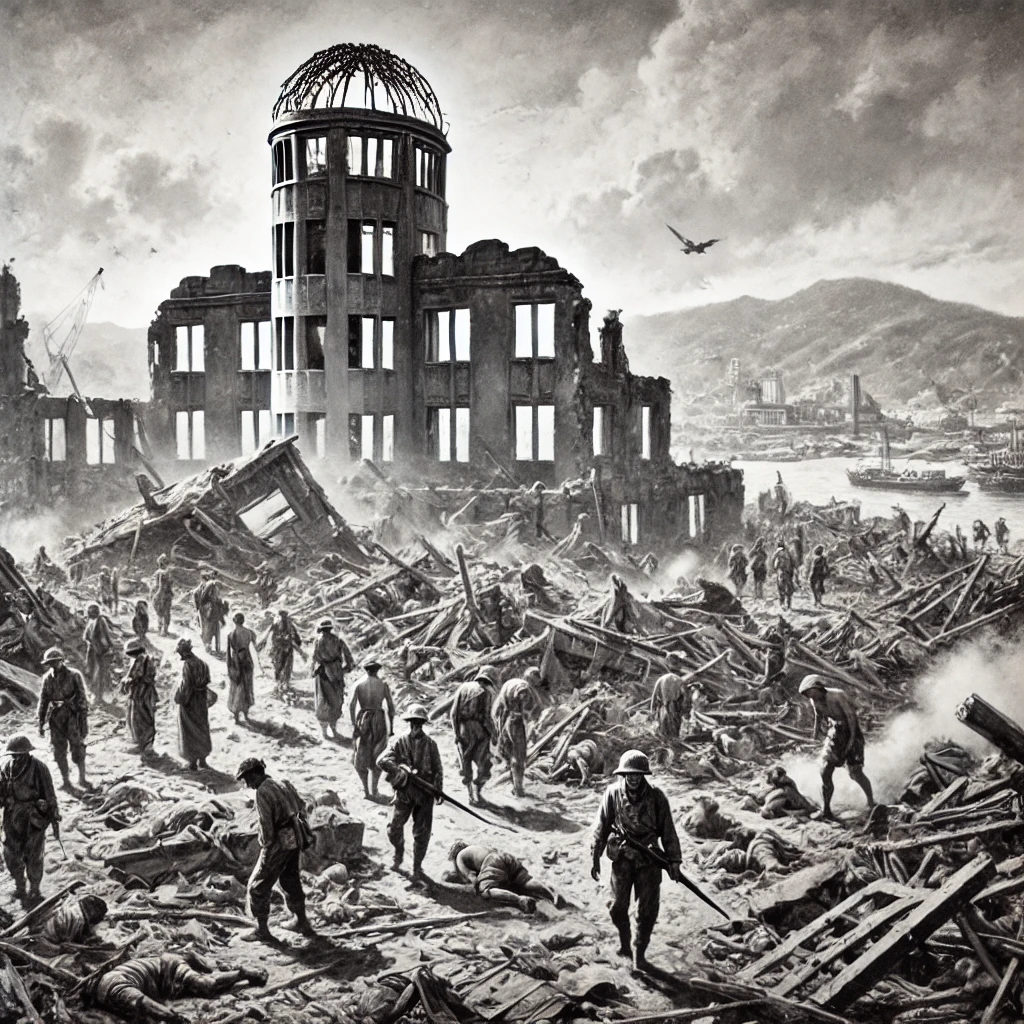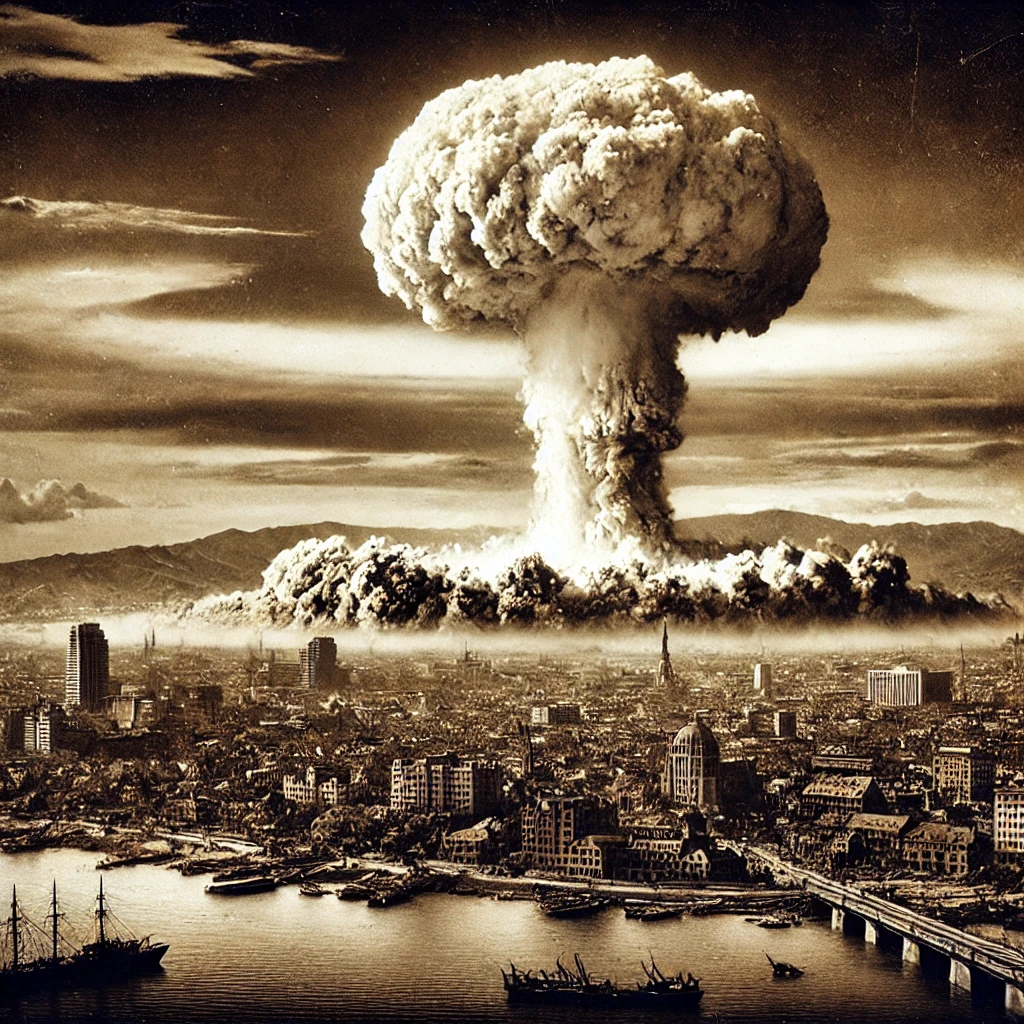On August 9, 1945, the United States dropped an atomic bomb on the Japanese city of Nagasaki, just three days after the bombing of Hiroshima. This devastating event occurred during the final days of World War II and was a crucial factor in Japan’s decision to surrender. The decision to use atomic weapons was made in the context of a prolonged and costly war, with the Allies seeking a swift end to the conflict in the Pacific.
The bomb dropped on Nagasaki was nicknamed “Fat Man” and was a plutonium implosion-type weapon. It was the second atomic bomb used in warfare, following the bombing of Hiroshima on August 6, 1945. The choice of Nagasaki as a target was partly due to its industrial significance and its location, which was not initially the primary target but was chosen after the primary target, Kokura, was obscured by clouds.

The Impact of the Bombing
The bombing of Nagasaki resulted in widespread devastation and loss of life. The immediate blast and subsequent fires caused the deaths of an estimated 40,000 to 75,000 people, with many more suffering from severe injuries and radiation sickness. The city’s infrastructure was largely destroyed, and the long-term effects of radiation exposure had severe health implications for survivors, known as hibakusha.
The aftermath of the bombing contributed significantly to Japan’s decision to surrender. On August 15, 1945, Emperor Hirohito announced Japan’s unconditional surrender, effectively ending World War II. The bombings of Hiroshima and Nagasaki were instrumental in bringing about the end of the conflict, though they also sparked intense ethical and political debates about the use of atomic weapons and their impact on civilian populations.

The Legacy and Ethical Implications
The bombing of Nagasaki, along with the earlier bombing of Hiroshima, has had a profound and lasting impact on global history and international relations. The use of atomic bombs marked a new era in warfare, characterized by the devastating potential of nuclear weapons. The immediate aftermath of the bombings saw the beginning of the nuclear age, with the subsequent arms race and the establishment of nuclear deterrence policies.
The ethical implications of the bombings have been widely debated. Critics argue that the use of such devastating weapons against civilian targets was unnecessary and inhumane, while others contend that it was a necessary action to hasten the end of the war and save lives that would have been lost in a prolonged conflict. The bombings continue to be a subject of reflection and analysis, influencing discussions on warfare, ethics, and international diplomacy.

The dropping of the atomic bomb on Nagasaki on August 9, 1945, represents a pivotal moment in history, bringing World War II to a close and ushering in the nuclear age. The immediate destruction and long-term consequences of the bombing have left a lasting legacy, shaping global politics and ethical considerations surrounding the use of nuclear weapons. The event serves as a somber reminder of the destructive power of modern warfare and the importance of striving for peace and diplomacy in international relations.
